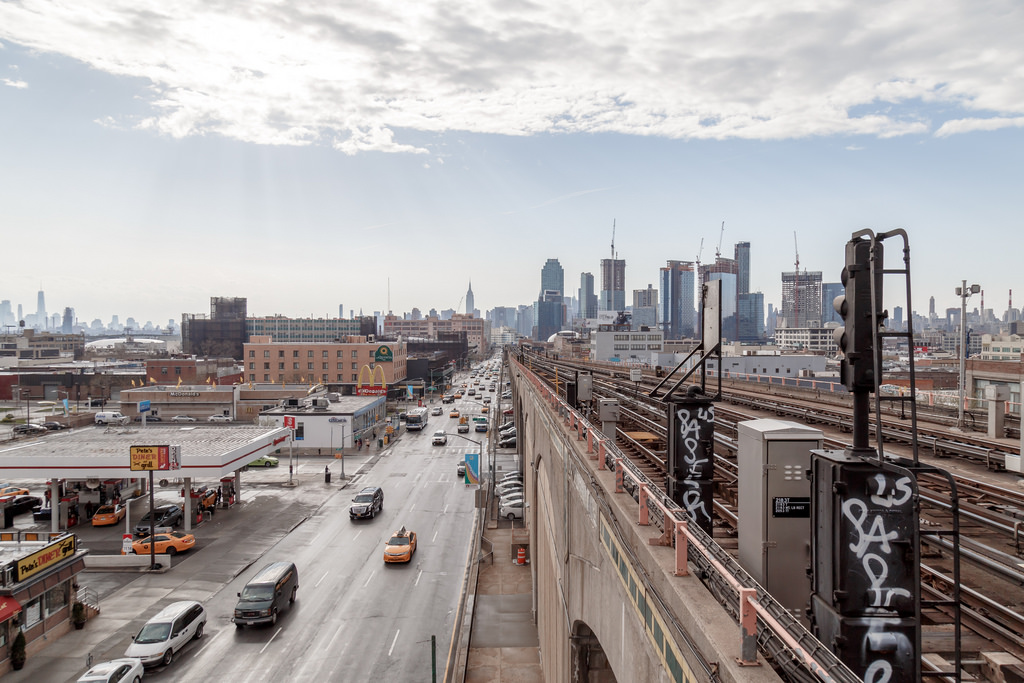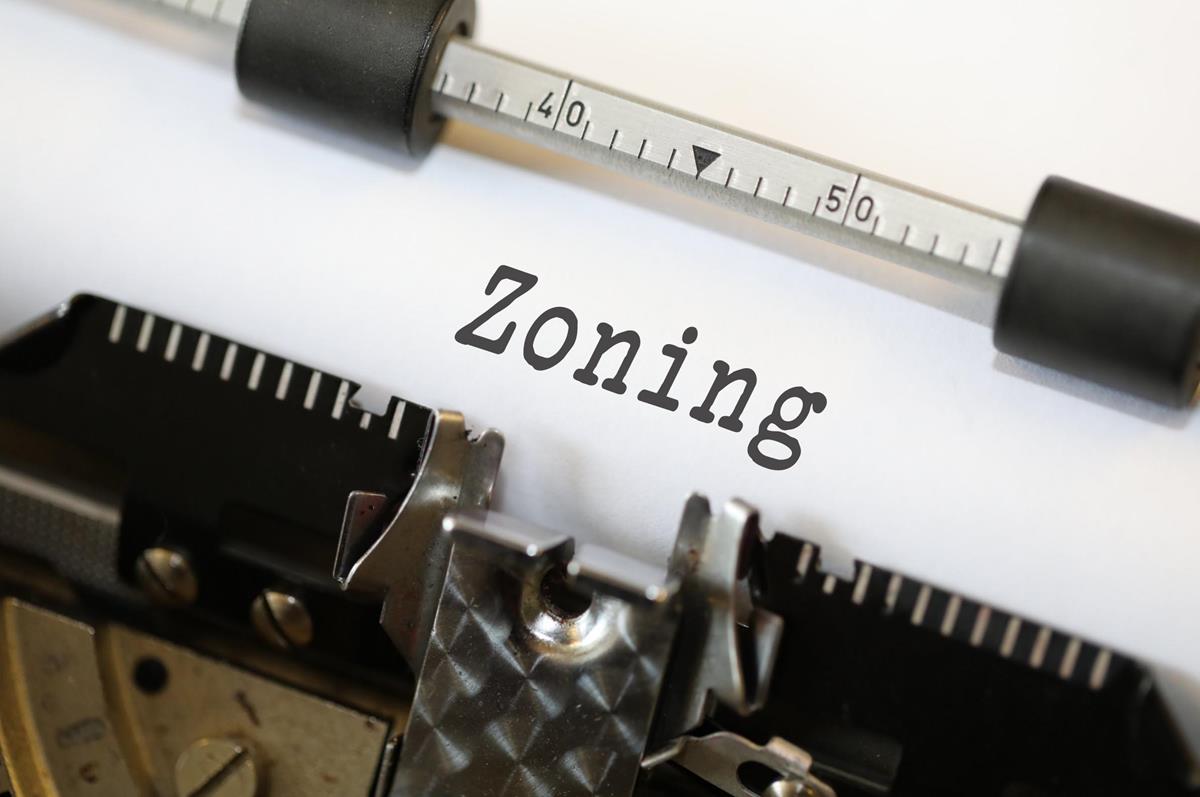How Do Zoning Changes Impact Your Long Island Property?
Cities, towns, and counties have employed zoning laws for over 100 years. In fact, the first citywide zoning structure and resolution was implemented in New York City back in 1916. At this time, zoning laws were the necessary solution to a problem experienced by nearly every U.S. city. Commercial uses, such as warehouses, industrial plants, and storefronts were cropping up next to residential homes, schools, and churches.
In some instances, these uses all coexisted peacefully, but in many cities, the combination of dirty manufacturing plant and homes created problems and conflict.
Zoning laws or regulations allow local governments to prescribe how a piece of property can and cannot be used. Each local government can determine a different zoning code and structure. But in general, the goal is to create a municipality that is overall diverse but divided for harmony. For example, in a section of town zoned for residential use, it is likely that a slaughterhouse or engine manufacturer won’t be allowed to operate – exceptions to zoning are provided through zoning variances, but we’ll come to that later.
How Does Zoning Impact Individuals?

Through zoning laws, your local government in Long Island can dictate how you can or cannot use a particular piece of property. Municipalities purposely use zoning laws to dictate how the land within their purview is developed and utilized. While the initial reason for zoning laws in Long Island was separating dissimilar and conflicting uses, municipalities can use zoning and land use laws to drive economic development and change the demographics of a particular area.
All individuals and companies must follow the zoning laws. Before buying any property in Long Island or changing the use of property you already own, you must know the applicable zoning regulation. Depending on where you own property in Long Island, the exact zoning regulations may differ. For example, the uses allowed within a residential zone in Oyster Bay may not be allowed in Garden City.
Zoning regulations can cover more than just the type of use and activities permitted on a property in Long Island. Local governments also dictate the type of buildings and structures permitted on a property, location of driveways and utility lines, frontage from a sidewalk or street, and size of side yards. Commercial property owners have some additional concerns including means of ingress and egress, off-street parking, and the height of structures built on the property.
What If Your Property Use Conflicts with Zoning Laws?
Zoning regulations are changing all the time. Even today, a municipality will redraft zoning regulations on a regular basis and redraw the zoning map based on changes in demand and community. Due to these changes, some property owners find that their use of the property was allowed, but is made illegal under a new zoning law. This is called a nonconforming use.
A nonconforming use is any use of property in Long Island that was allowed under the zoning regulations at the time the use began, but subsequently became prohibited.

Often, a nonconforming use is granted a zoning variance, which allows the property owner to continue the use, despite the zoning change. However, the State of New York doesn’t regulate or dictate nonconforming uses, so municipalities in Long Island have some latitude in their process for handling nonconforming uses.
Want to use your property for a purpose not allowed under the zoning regulations? You could also apply for a zoning variance. A zoning variance is a deviation from the applicable zoning laws and zoning map. Variances are awarded on a case-by-case basis, and the specific rules of each municipality or local government dictate how the variance is awarded.
You can work with a real property lawyer from Long Island to file for a zoning variance, whether for a nonconforming use or to otherwise modify your property.
Contact a Long Island Real Property Attorney
Do you have questions about your Long Island property and use of your property? Contact the Law Office of Samilde Perez. Our team is available to address questions in real property transactions, nonconforming uses, and other real estate issues. Our Long Island is available by calling 516-216-5060.
The information in this blog post (“Post”) is provided for general informational purposes only, and may not reflect the current law in your jurisdiction. No information contained in this Post should be construed as legal advice from The Law Office of Samilde Perez or the individual author, nor is it intended to be a substitute for legal counsel on any subject matter.
